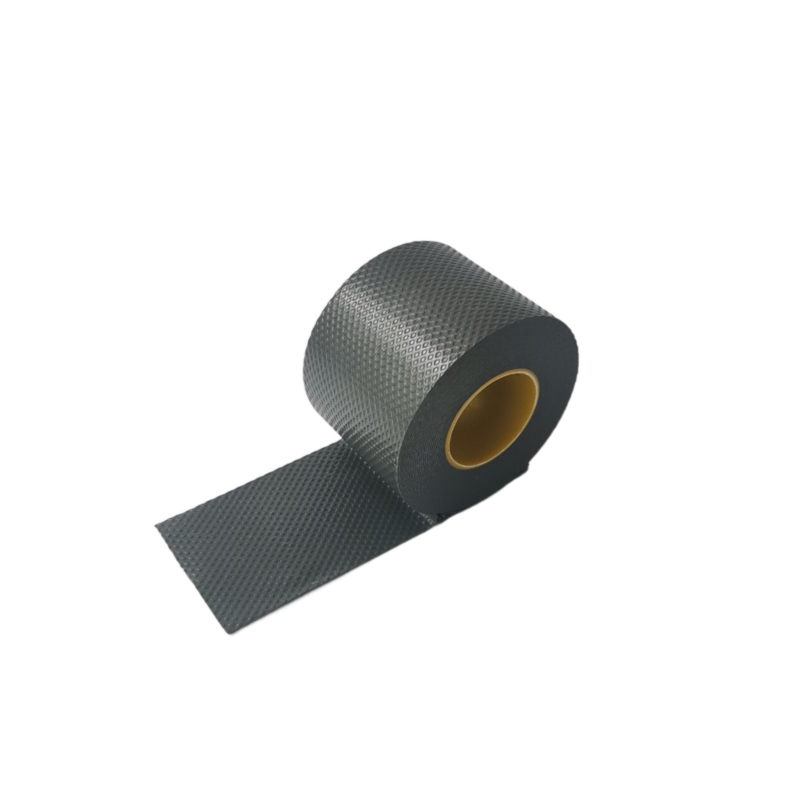The Importance of Tape and Rubber Insulation in Electrical Applications
In the realm of electrical applications, safety and efficiency are paramount. Among the various materials employed in ensuring the integrity of electrical systems, tape and rubber insulation stand out as essential components. This article delves into the significance of these materials, their applications, and the advantages they offer.
What is Rubber Insulation?
Rubber insulation refers to various insulating materials derived from natural or synthetic rubber. These materials are designed to provide excellent electrical insulation properties while also being flexible and durable. They can withstand extreme temperatures, resist moisture, and offer mechanical protection to wires and cables. Common types of rubber used for insulation include ethylene propylene diene monomer (EPDM), neoprene, and silicone rubber, each offering distinct benefits suitable for specific applications.
The Role of Tape in Insulation
Insulation tape, often made from vinyl, cloth, or rubber, is another critical component in electrical systems. It serves multiple purposes, including the insulation of wires, bundling cables, and providing a protective barrier against environmental factors such as moisture and dust. The adhesive backing of tape allows it to conform to various surfaces and shapes, making it an ideal choice for securing insulation materials in place.
Applications of Tape and Rubber Insulation
1. Electrical Wiring One of the primary applications of tape and rubber insulation is in electrical wiring. Rubber insulation wraps around individual wires, creating a protective sheath that prevents short circuits. Additionally, insulation tape is often used to secure and seal connections, ensuring that wiring remains intact and free from external interference.
2. HVAC Systems In heating, ventilation, and air conditioning (HVAC) systems, rubber insulation plays a crucial role in insulating refrigerant lines. This not only preserves energy efficiency but also prevents condensation and ice formation, thereby extending the lifespan of the system. Insulation tape is also used in securing insulation materials around ducts and pipes.
tape rubber insulation

3. Automotive Industry The automotive sector extensively uses rubber insulation and tape to protect wiring from heat and abrasion in various components. This is vital for ensuring the safety and reliability of electrical systems in vehicles, helping to prevent failures that could lead to costly repairs or safety hazards.
Advantages of Tape and Rubber Insulation
The use of tape and rubber insulation offers numerous benefits
- Safety By preventing electrical shock and short circuits, rubber insulation significantly enhances safety standards in electrical installations. - Durability Both rubber insulation and high-quality insulation tape are designed to withstand harsh conditions, including extreme temperatures and moisture, ensuring long-lasting protection.
- Flexibility The flexibility of rubber insulation allows it to be easily applied to various shapes and sizes of wires, making it versatile for a wide range of applications.
- Ease of Use Insulation tape is relatively easy to apply, requiring no special tools or skills, thus enabling quick repairs and installations.
Conclusion
In summary, tape and rubber insulation are vital components in the electrical industry, contributing to safety, efficiency, and longevity in various applications. From protecting wires in residential buildings to ensuring reliable connections in automotive systems, their role cannot be understated. As technology advances, the development of more innovative and effective insulation materials will likely further enhance the performance and safety of electrical systems globally.
-
XIANGFAN Rubber Tape-Ultimate Solutions for All Your Insulation NeedsNewsJun.24,2025
-
XIANGFAN Rubber Tape-Protection for Industrial and Residential ApplicationsNewsJun.24,2025
-
XIANGFAN Rubber Tape: Superior Safety and Sealing for Demanding EnvironmentsNewsJun.24,2025
-
XIANGFAN Rubber Tape: Reliable Solutions for Every Electrical ChallengeNewsJun.24,2025
-
XIANGFAN Electrical & Industrial Tape: Powering Reliability Across IndustriesNewsJun.24,2025
-
XIANGFAN Electrical & Industrial Tape: Excellence in Every ApplicationNewsJun.24,2025
